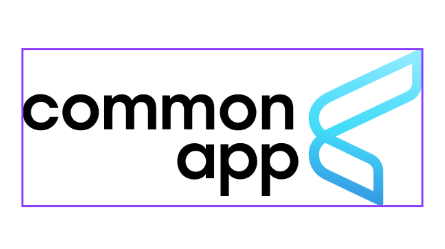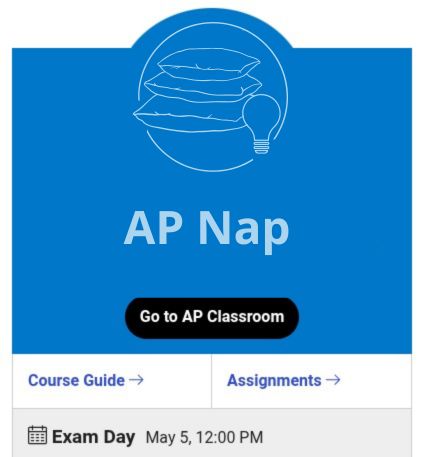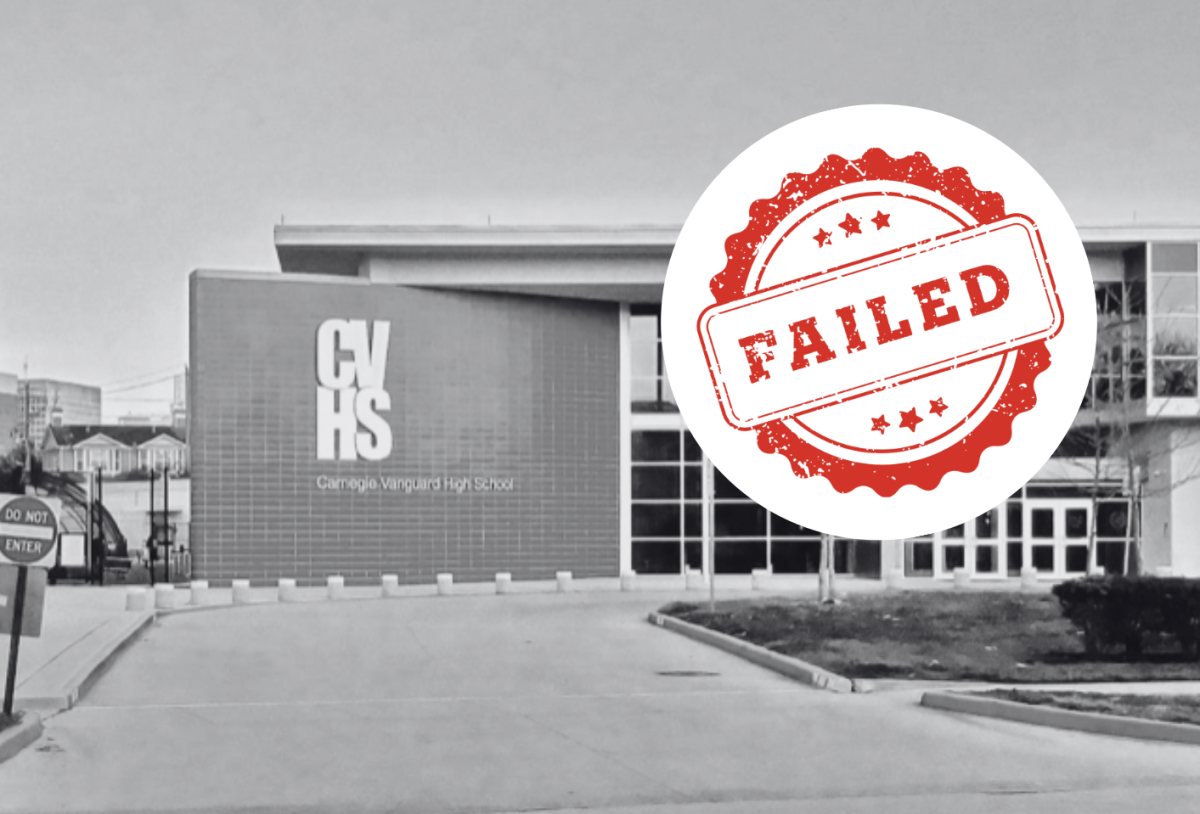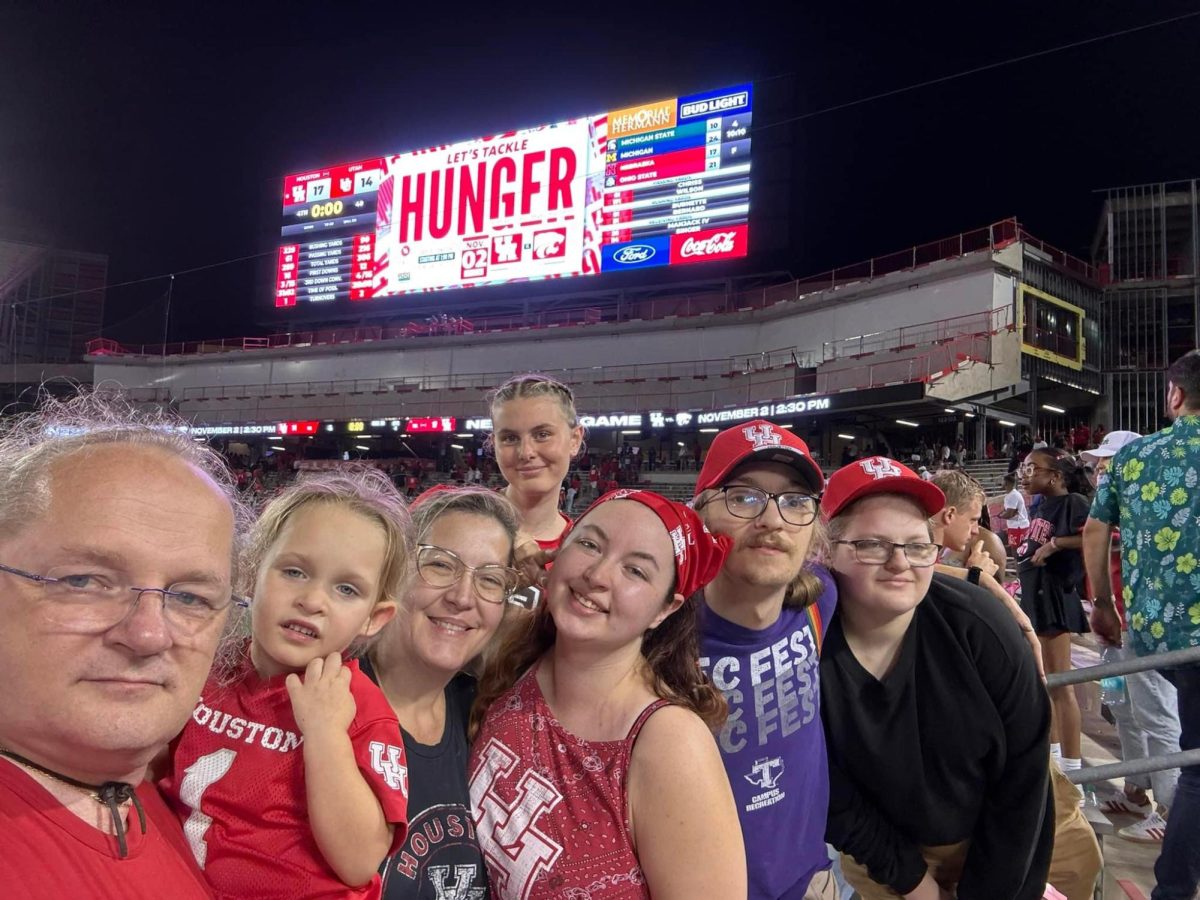On March 24, a group of social studies teachers at CVHS agreed that for the upcoming week, they would be undercover as students. In order to not raise suspicions, the teachers participating had substitutes to teach their class. The decision to go undercover was a result of complaints from students about teachers not understanding what it’s like to be a student. What started out as a plan to understand student complaints led to policy changes featuring more homework and a less relaxed late policy.
“The goal was simple. We wanted to experience and understand the stress that is placed upon students, whether that be from work or extracurricular activities,” AP World History teacher, Samantha Johnson said.
The teachers’ plan meant that they would be talking with students as if they were students rather than as a teacher. They were also eating with them in the cafeteria and hearing all the gossip about both students and teachers. In order to keep the classes flowing as if they hadn’t left the teachers participating all had substitutes instruct their classes.
“When I woke up Monday morning, I was in panic. I didn’t know what to wear or what the appropriate time to show up was. It was quite stressful, and I hadn’t even received any work yet,” U.S. History teacher at CVHS, Luke Andrews said.
For most teachers the experience was arduous – seven classes with constant tests and quizzes, the upcoming AP tests and a social life proved to be harder than expected. Many teachers began to feel the pressure of their own homework and reconsider how much they assign.
AP psychology teacher, Geramy Hadnott, who held the idea that the amount of psychology homework he assigned in one night was “just right” was seen Tuesday afternoon crying in the bathroom due to a failed Spanish test as he studies for a physics test the next period.
“There is not enough time for me to complete this lab write up, APUSH notes, chemistry corrections and calculus homework. Not to mention I still need to study for an LEQ in AP Euro and an English test,” Hadnott said to his substitute who had taken over teaching the psychology classes.
By day three, there was a noticeable change among the undercover teachers. They had begun to recognize the intense workload the students have and in turn to advise their substitutes to lower the workloads. Admitting that in order for students to maintain a life out side of school, changes—less homework and more time per assignment—were greatly needed and would lead to a positive change in terms of productivity and test scores.
“With the new cut in the workloads, my students including myself, seemed to be more relaxed and actually paid more attention to the information said by the substitute during class,” Johnson said.
The teachers assumptions were right. As the workload of students decreased, productivity increased, with test scores rising and the amount of retakes decreasing. Furthermore, students were getting more rest, allowing them to be active participants in all seven of their classes. However, due to the relaxed policy of these teachers and students having more time to relax, the students were more energetic during lunch, advocacy and passing periods.
“As soon as I told the substitute to assign less work, I noticed that all the students in my class seemed happier. I too was happier as a fake student now that I had less work. The more days went by the more I understood why they complained so much. My time as a student felt terrible,” Hadnott said.
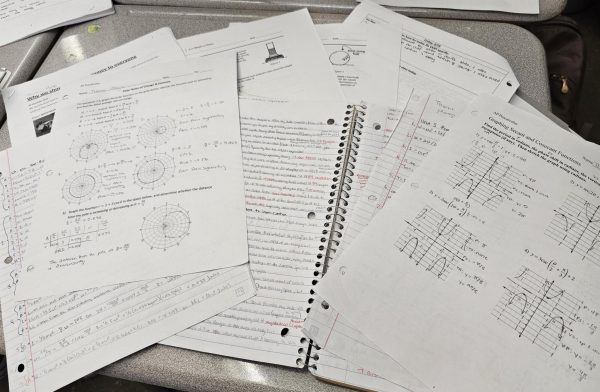
By the end of the week the social studies teachers who had gone undercover were coming back to teach their classes again. Instantly implementing their policy changes, less homework and more time for assignments.
“I don’t know what happened. At the start of the week in AP World History, we had been assigned a chapter of notes due Friday. But then on Wednesday the substitute told us that the date for notes had been extended to the next Friday. When our teacher Ms. Johnson came back on Friday, she told us our notes for the chapter were cancelled entirely.” Kelly Underwood, sophomore at CVHS said.
On Friday the teachers returned the workload was nearly quartered. With zero chapters a week in AP U.S. history and only 10 flashcards a week for psychology, students were skipping on their way to class and began paying even more attention than before.
“I understand why my students complain so much about the amount of work they have to do. I thought my time as a student was the worst time of my life. Because of this I will be making deadlines later and changing the policy of a 70 to an 80 on all late assignments,” Andrews said.
This story is satire.


